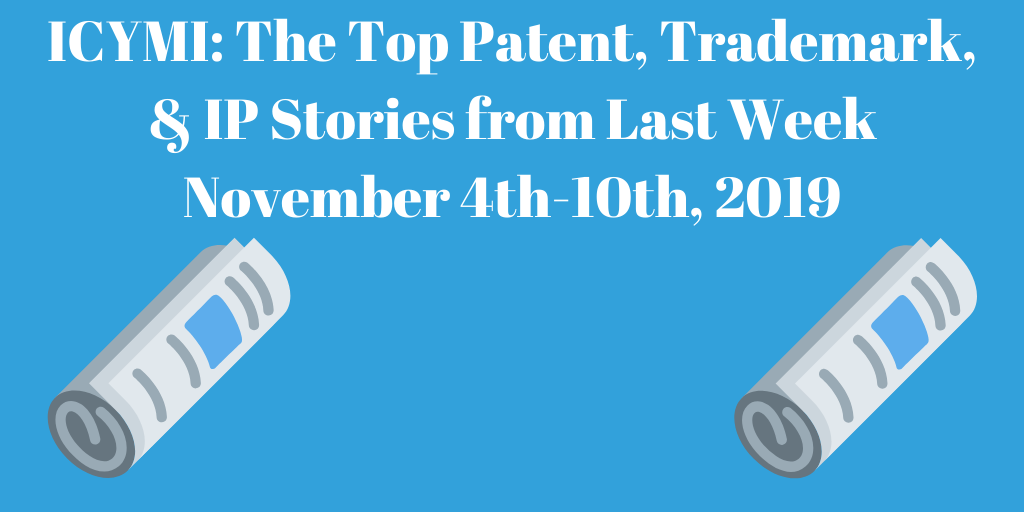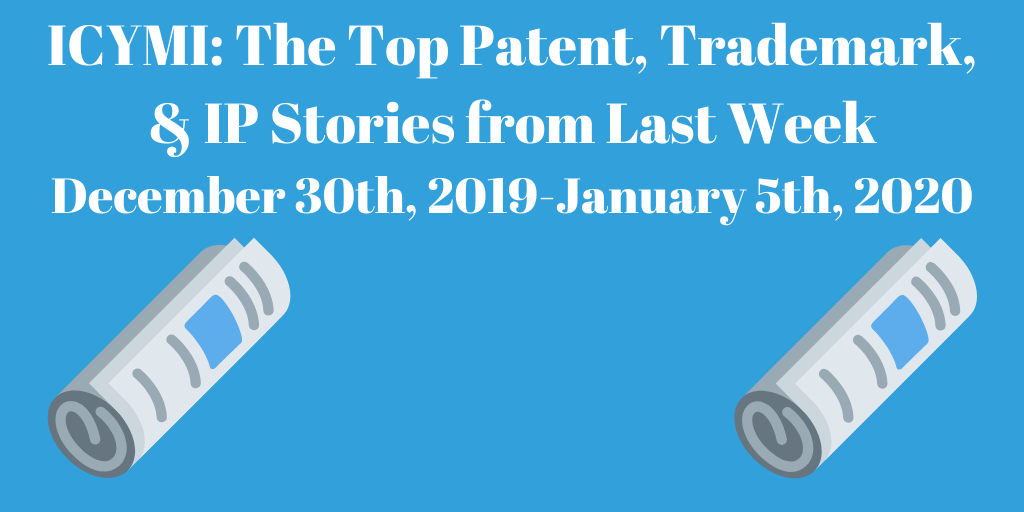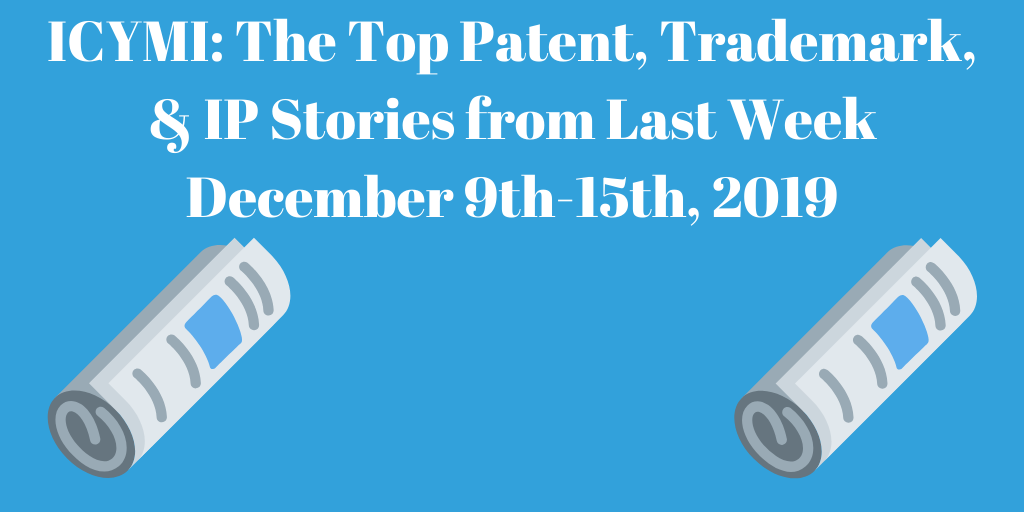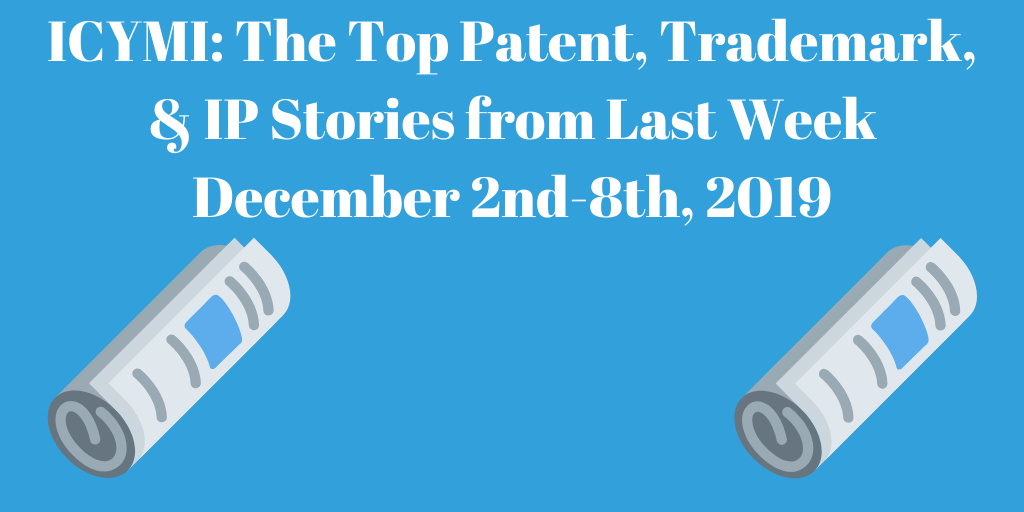Top Patent, Trademark, and IP Stories from Last Week (11/04-11/10/19)
Every week, we will be highlighting the top patent, copyright, trademark, intellectual property, etc. stories of the previous week in our “In Case You Missed It” segment. The list itself is in no particular order and includes a wide range of stories from the patent world that are informative, noteworthy, or just plain bizarre. The stories included encompass everything from Supreme Court cases to insights into growing industries. Please feel free to comment your thoughts on the stories or share an important one we missed!
“U.S. Supreme Court to Consider Blocking Booking.com Trademark”
The Supreme Court will hear a case between the USPTO and Booking.com over a trademark dispute. Booking Holdings Inc., owner of the popular travel reservation site Booking.com, was granted a trademark for “Booking.com” in a U.S. Circuit Court of Appeals ruling in February. The court ruled adding “.com” made the otherwise generic name trademark eligible.
The USPTO initially rejected the trademark in 2016 and several office actions dating back to 2012 highlight the agency’s contention with the genericness of the name. In this 2013 office action, the USPTO provided examples of competitors in the same industry as Booking.com with “booking” in their domain such as “hotelbooking.com” and “bookingbuddy.com.” The office action also highlighted how Hotels.com, BlindsAndDrapery.com, Lawyers.com, and Patents.com were not granted trademarks for being too generic as well.
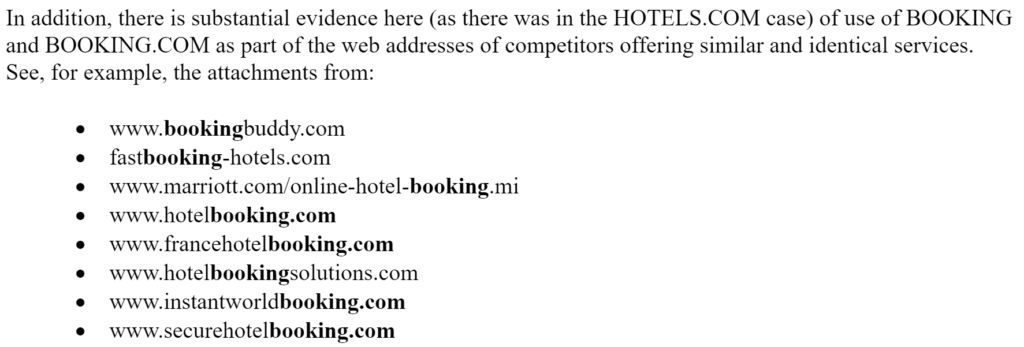
Nevertheless, the USPTO appealed the lower court decision in a petition to the Supreme Court and was granted certiorari. The USPTO contends that under the Lanham Act, generic words can not be trademark, regardless of an addition of “.com” or the like. “The [USPTO] concluded that the term ‘booking’ is generic for the services as to which respondent sought registration, and that the addition of the generic top-level domain ‘.com’ did not create a protectable mark,” the USPTO appeal states. The Court will weigh whether adding “.com” or other top level domain to an otherwise generic word makes it trademark eligible. To read more about this story, click here (via Reuters, November 8th, 2019).
“U.S. Sues Gilead, Claiming It Owns HIV PrEP Patent”
The Department of Health and Human Services is suing pharmaceutical giant Gilead Sciences over supposed patent infringement. The HHS alleges Gilead infringed on the CDC’s patents for its groundbreaking drug Truvada (or PrEP), a pill taken daily that reduces transmission of HIV by 99%. The CDC indicates it was studying the crucial compounds in Truvada for PEP in 1998, well before Gilead received FDA approval for the drug in 2004. The government was awarded patents for PrEP in 2015 which entitles them to license the drug and seek royalties.
In the lawsuit, the government states that Gilead has “repeatedly refused to obtain a license from CDC to use the patented regimens” while profiting from “research funded by hundreds of millions of taxpayer dollars.” The suit goes on to say how the drug maker has “willfully and deliberately” infringed on CDC patents. In a statement on their website, the HHS wrote that Gilead must “respect the U.S. patent system.” To read more about this story, click here (via NBC News, November 7th, 2019).
“Future iPhones Could Be DOUBLE-SIDED With a Wrap-Around Display That Forms a ‘Continuous Loop’ Around the Device, Apple Patent Reveals”
A new patent from Apple outlines an iPhone whose screen would wrap-around the device, enabling users to use the screen on either side of the phone. By essentially giving the phone two screens, Apple claims such a phone can improve functionality and eliminate wasted space. As opposed to a planar surface, Apple also argues that a flexible display can “provide additional viewing area without increasing either the size or shape of the electronic device.” Such a feature could allow for a continuous loop of images and videos around the phone. To read more about this story, click here (via Daily Mail, November 4th, 2019).
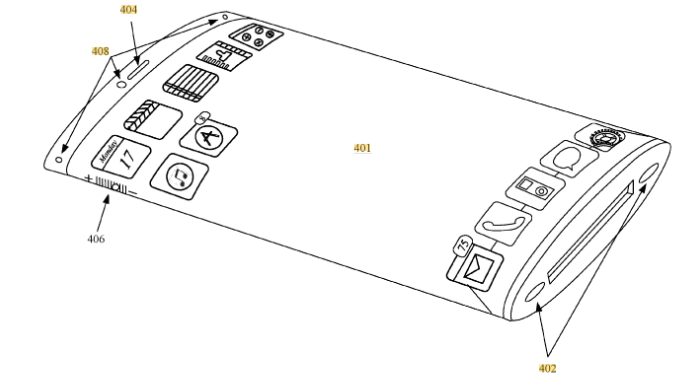
“Hong Kong, PRC Launches New Patent System Effective December 19, 2019”
Hong Kong is set to begin a new process for patent applications next month. Applicants requesting a 20-year patent term will no longer have to file applications with the China Intellectual Property Office, U.K. Patent Office, or European Patent Office beforehand. Applicants can now file directly with the Hong Kong registrar and undergo examination, although this is not expected to be as common given the size of Hong Kong.
Applicants will still be able to file applications in Hong Kong within 6 months after the publication date for applications based in China, U.K., or European patent offices. Patents granted in these offices can also be submitted for registration and granting in Hong Kong within 6 months of granting. Hong Kong offers both 20-year patents called “original grant patents” (OGP) and 8-year “short term patents” (STP). Examinations are less intense for STP’s compared to OGP’s. To read more, click here (via National Law Review, November 8th, 2019).

